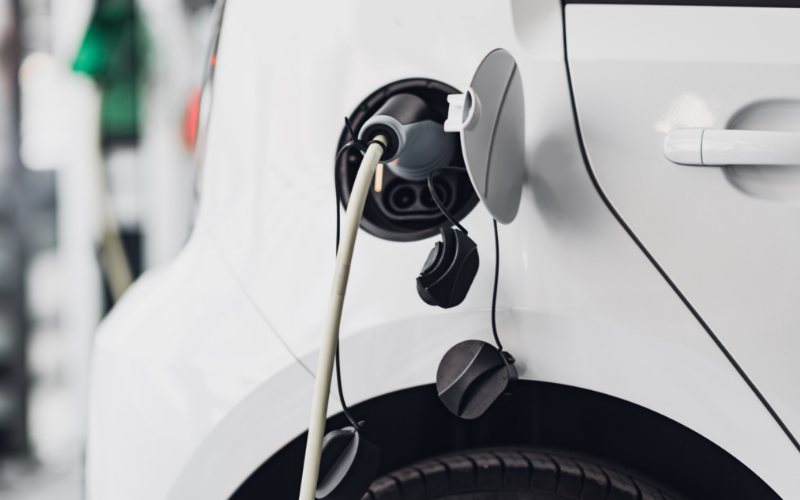How to Calculate the Cost of Running An Electric Car
Share

How to Calculate the Cost of Running An Electric Car
There is no denying calculating the cost of running an electric car can be tricky; there is a lot of factors to consider and it can get a bit confusing. So, for everyone’s sanity, we’ve researched what you need to know in order to work out the costs of running your shiny new electric car!
Size of Battery
To get an idea of how much you’ll be paying, you need to know the size of the battery. Smaller cars like the Renault Twizy have a very small 13kW (kilowatt) battery whereas the larger Hyundai Kona is rocking a 150kW battery!
At home charging
Once you know the size of your battery, you need to find out how much you pay for electricity at home.
For a little bit of context, we have provided some examples of what 1kWh (kilowatt hour) equates to�
Watching T.V. for 10 hours
Playing on a games console for 3 hours
Boiling your kettle 10 times
With regards to domestic electricity, there are three tariffs available to the public;
24h is the rate per kWh is fixed regardless of the time of day
Day time is where there is a set rate for daily use, although the hours vary so you should check with the supplier
Night time is usually a cheaper tariff due to less demand on the National Grid, again the hours vary.
For average medium energy consumers (3,100 kWhs annually), you’re looking at paying between 14 to 16p per kWh, looking at the biggest electricity providers in the UK.
Say we take 15p per kWh, and the two cars we have previously mentioned, it should cost;
Renault Twizy 13kW x 0.15p = £1.95
Hyundai Kona 150kW x 0.15p = £22.50
Of course, if you are charging overnight and have two separate tariffs, the cost might be different.
Out and about charging
If you aren’t planning on charging at home or are likely to use public charging, it’s good to know your options!
Charging at work
Lots of employers are looking at installing charging points that are free for employees to use during their working day, meaning long commuters can rest easy knowing they will have plenty of juice to get home!
There is a Government Workplace Charging Scheme (WGS) that can provide a contribution towards the initial price of the charging point. This can be up to the value of £300 per socket, with a maximum of 20 sockets.
Your employer can apply for the WGS vouchers HERE
Public Charging Stations
There are currently 22,707 charging connectors across the UK, with a quarter of those located in Greater London.
You can pay for your charge in various ways with lots of different methods operating. Some networks provide a radio-frequency identification card (RFID) and others require a smartphone app to use the charging point. Some set up a monthly subscription and while most require you to have an account with them, there has been an increase in pay-as-you-go card readers.
Many charge points are free to use however most fast and rapid chargers require payment. You could be charged a flat connection fee, a cost per charging time and/or a cost per kWh. There are lots of apps like ZapMap have online tools like the Public Charging Calculator, that tell you how much a charge will cost as well as the charge points nearest to your location.
There you have it! We hope you found this helpful and don’t forget to check out our dedicated web page to all things electric.
Click Here To Visit Our Very Shiny EV Page!
If you are looking to buy an EV, look no further than HERE
Related Articles
The Beginner's Guide to EVs
Understanding an EV's total cost of ownership